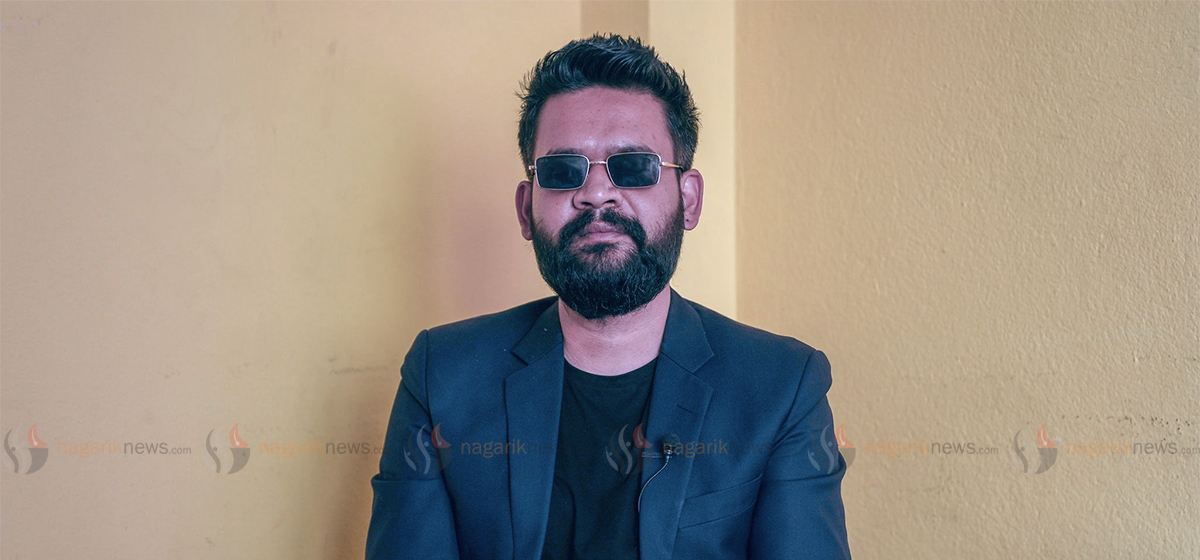KATHMANDU, Dec 5: Senior advocate, Raju Prasad Chapagain, specializing in constitutional and humanitarian law, has brought attention to the contentious issue of property confiscation from self-employed individuals conducting businesses on public spaces.
Expressing concern over the reported confiscation of property belonging to those conducting business on footpaths, roadside areas, and similar public venues, the senior advocate emphasized the need for transparency and adherence to legal provisions safeguarding the citizens’ rights.
Citing point number two in the agreement reached between Kathmandu Metropolitan City (KMC) and campaigner Iih dated 27th September 2023, the advocate highlighted instances where the agreement’s stipulation—ensuring the return of seized goods—might not have been upheld as per the constitutional rights.
PHC seeks public complaints against proposed judicial council m...

In pursuit of transparency and accountability, the senior advocate has invoked Section 27 of the Right to Information Act, 2064. Specifically, the advocate seeks immediate disclosure of information outlined in Sections 3 and 7 of the Act, aiming to shed light on the procedures and justifications behind the reported property confiscations.
Moreover, the advocate underscores constitutional provisions, particularly Section 125(1), asserting every citizen's right to property and commercial transactions within the law. This stance aligns with the advocate's emphasis on fairness in taxation and asset acquisition, promoting a progressive tax system that ensures equitable treatment without undermining individuals' rights.
In a direct request to relevant authorities, the senior advocate has urged cooperation in providing detailed accounts of property confiscations, procedures followed during these actions, and the ultimate disposition of confiscated goods, including any associated revenue and losses incurred.



































